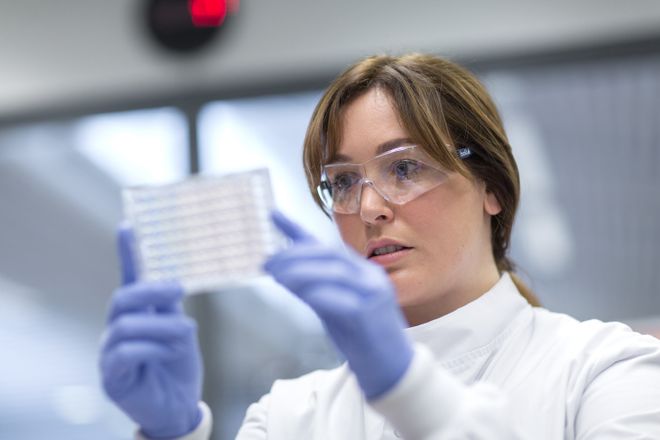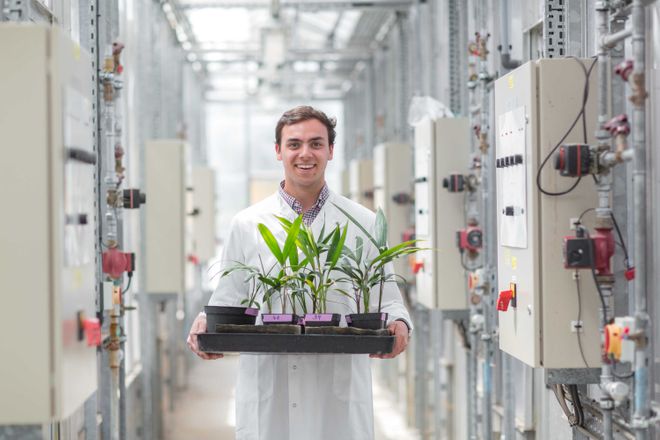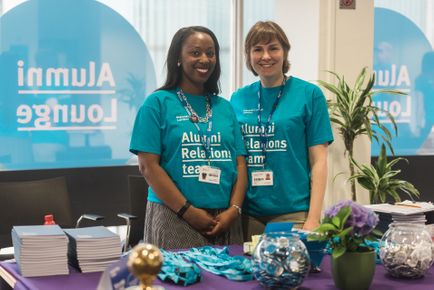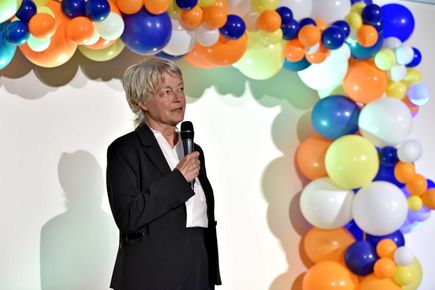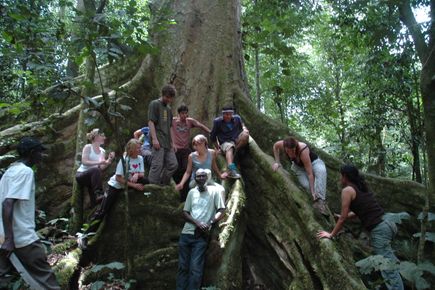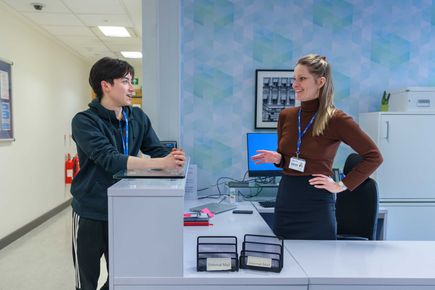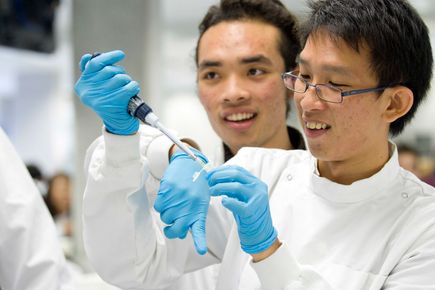Why Life Sciences at Imperial?
In Life Sciences we study how living organisms work at the molecular, cellular, and whole organism level; and how they reproduce, evolve and associate into communities and ecosystems.
Life sciences impact many aspects of our lives, from supporting advances in healthcare to understanding the impact of climate change.
Our degrees span the full scale of life sciences from molecules to ecosystems. In studying a life sciences degree at Imperial you will engage with how we make new discoveries and – crucially – you will learn to think like a life scientist. We want you to be curious, questioning and to challenge your lecturers as much as they challenge you.
Our degrees will provide you with extensive practical training. Our practicals emphasise learning how to analyse and interpret data, and they will also develop your transferable skills. You will have the opportunity to engage in original research, in a world-class research environment.
Depending on your interests, you may choose to approach the study of life sciences by taking a Biochemistry/Biotechnology or a Biological Sciences degree. Both degree streams share a common philosophy in being research-driven, and aiming to develop questioning, articulate, independently minded life scientists.
Accordion widget
Our undergraduate degrees are based at our South Kensington campus in London in the Sir Alexander Fleming and Sir Ernst Chain buildings, which are named after Imperial Nobel Prize winners who discovered antibiotics. We have excellent laboratory and computational teaching facilities, which are supported by major investments in state-of-the-art equipment for our undergraduate labs. Biological Sciences students studying ecology will have the opportunity to use the excellent field facilities at our Silwood Park campus in Berkshire, which is a leading international centre for research and teaching in ecology, evolution, and conservation.
We offer a broad range of BSc degrees, including some taught jointly with the Imperial College Business School and the Centre for Languages, Culture and Communication.
However, the key decision is whether you apply to study a degree from either our Biological Sciences or from our Biochemistry/Biotechnology degree stream. Please do not apply for more than one BSc within a stream or you will be wasting a choice on your UCAS form (e.g. do not apply for C100 Biological Sciences and C500 Microbiology: choose one or the other).
For all our Biological Sciences Degrees, the first year is the same for all students no matter which particular degree they are enrolled on.
For all our Biochemistry and Biotechnology Degrees the first two years are the same for all students no matter which particular degree they are enrolled on.
Because of this, it is possible to change your choice of BSc at registration or at any time in the first year and a half for each degree stream. The change must be to another degree within the same stream (e.g. from one Biological Sciences degree to another).
Transferring between the two degree streams is not possible (e.g. transfers from Biological Sciences to Biochemistry will not be possible).
Course pages
Student Experience in Life Sciences
Find out more about the student experience within the department of Life Sciences, as well as what our alumni have gone on to achieve after graduation.
UG Local content 1
UG local content 2
Find out more
- Admissions Administrator - Rebecca Lewis
- Specialist Teaching and Learning staff
Please see the student terms and conditions information on the Imperial College London website important information that you need to be aware of prior to becoming a student at Imperial.
Student Support Zone
National Student Survey
- 89% satisfaction with teaching on the Biochemistry course.
- 92% satisfaction with the learning resources on the Biological Sciences course.
- 85% satisfaction with academic support.
